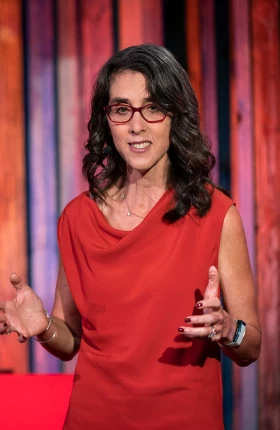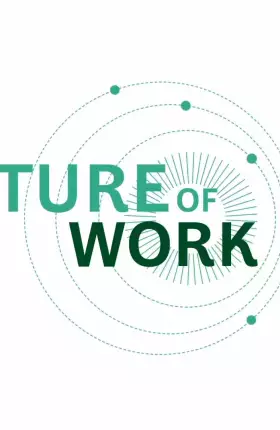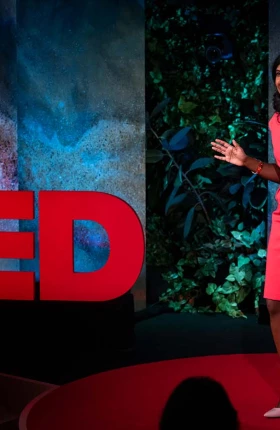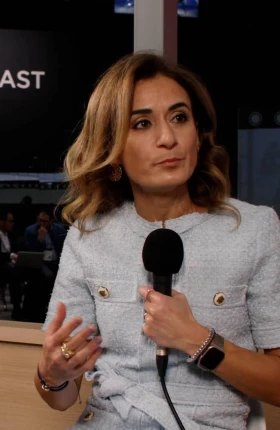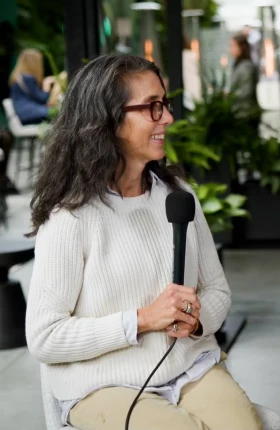Why BCG?
We have developed an integrated approach that enables companies to understand how to prepare for the future of work, expand their thinking from the tactical to the strategic, and redefine the way work gets done.
Transforming the Workplace of the Future to Make Work Really Work


Returning to the Office or Site



Enabling Hybrid Working Models



Winning the Competition for Talent
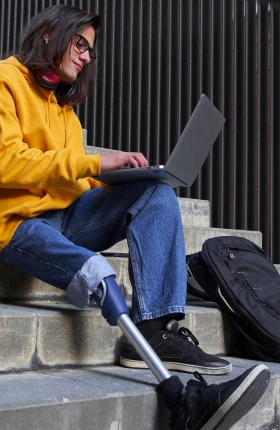


Understanding Trends in Jobs and Skills


Transforming the Operating Model

BCG’s Partners in the Future of Work
- BCG has been a founding partner of the Future Forum, a Slack-backed consortium that helps companies thrive in a digital-first world.
- In partnership with LightCast, a leading provider of real-time labor market information, BCG has analyzed 95 million jobs and skills. We use that knowledge, in combination with interviews and in-depth employee surveys, to help clients answer a key question: What is the future of work?
- BCG collaborates with Faethm, a company specializing in AI and analytics, to model the effects of new technologies on jobs and determine how the supply and demand for individual types of jobs will change.
- BCG has also collaborated with the Harvard Business School’s Project on Managing the Future of Work to pursue research that business and policy leaders can put into action as they navigate the changing nature of work.
- In cooperation with the World Economic Forum's Future of Work project, BCG has developed a blueprint to help companies assess and manage changes and challenges in the future of work.

